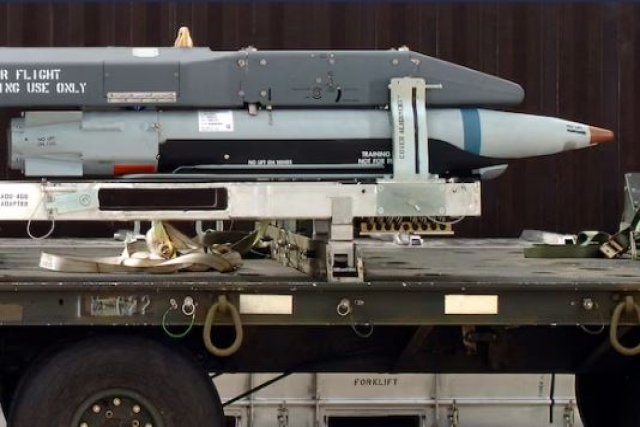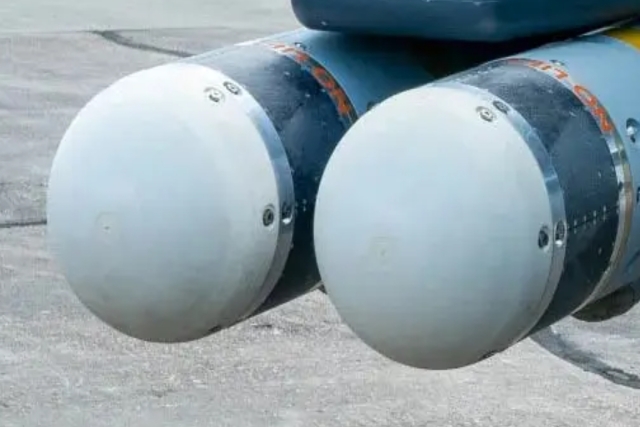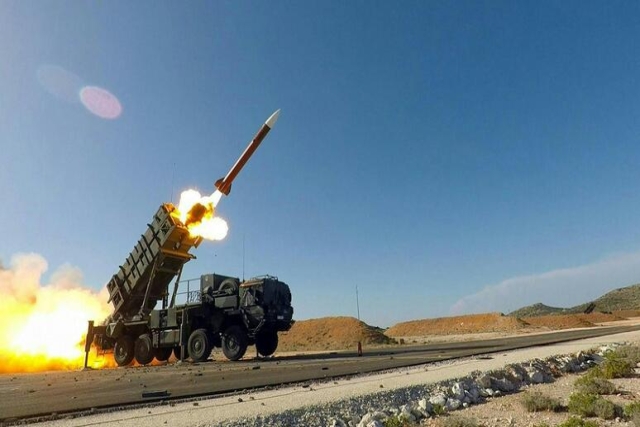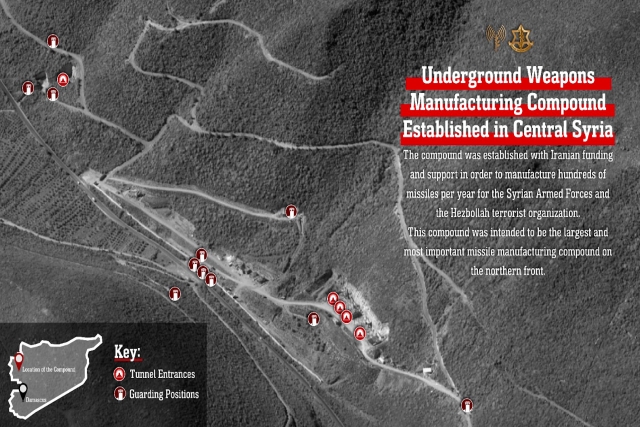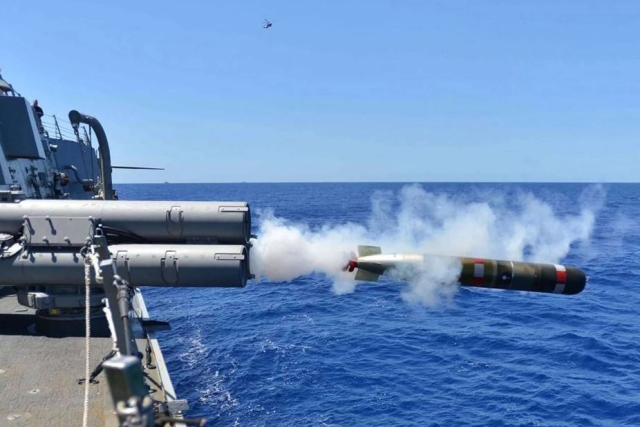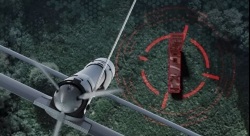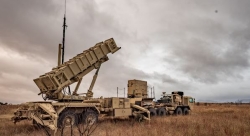U.S. Pre-approves Sale of $680M Worth of Bombs Including JDAMs to Israel
Arms deal includes JDAM bombs amid Israel-Hezbollah truce
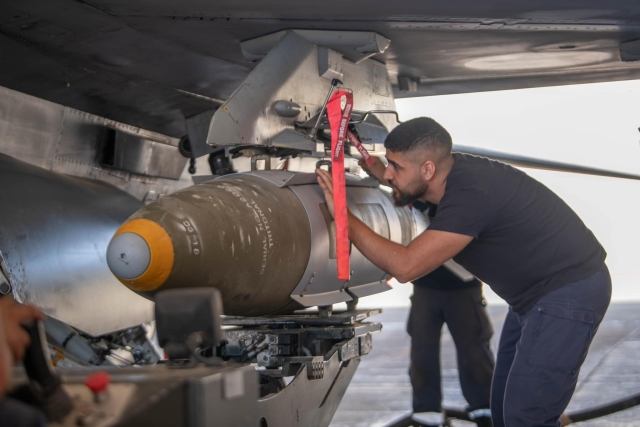
The President of the United States, Joe Biden, has approved the sale of $680 million worth of weapons to Israel.
This planned arms deal includes Joint Direct Attack Munition (JDAM) high-precision aerial bombs and other aviation-related weaponry, according to a report by The Financial Times.
The disclosure of the sale, which Congress has the opportunity to object to, typically precedes a formal public announcement. This sale comes at a critical time, coinciding with a U.S.-brokered truce signed by Israel and Hezbollah.
In October, Boeing received a $600 million contract for testing and integrating JDAM and Laser JDAM, including Foreign Military Sales (FMS) to Israel, Singapore, the Philippines, Indonesia, and Turkey. In the same month, Israel allegedly used a JDAM-equipped bomb to strike Gaza’s 140-year-old Al-Ahli hospital, killing 500 people.
On September 27, the Israeli Air Force (IAF) reportedly used 60-80 JDAMs, including GBU-31(v)3 bunker-busters, to strike Hezbollah leader Hassan Nasrallah, targeting four high-rise buildings in Beirut. The exact number of weapons and types remains unclear. JDAMs, which combine unguided bombs with GPS guidance, offer precision with the GBU-31(v)3 designed for heavily fortified targets. The strike, using up to 20 bombs per building, aimed to penetrate different structural levels with varied fuse delays, resulting in up to 80 munitions used in one operation. This precision bombing minimized collateral damage in a dense urban setting.
JDAM Precision and Types
JDAMs achieve a 1.7-meter circular error of probability (CEP), guided by GPS for accuracy and flexibility across bomb types:
Mk-82 JDAM: A 500-pound bomb for precision strikes.
Mk-84 JDAM: A 2,000-pound bomb for large targets.
BLU-109 JDAM: A penetrating warhead for hardened or buried targets.
Laser JDAMs: Enhanced precision with laser guidance, useful in GPS-jammed environments.
Extended Range JDAM (ER JDAM): Extends strike range for distant targets.
Equipped with high-explosive, bunker-busting, or penetrator warheads, JDAMs deliver tailored impacts based on the mission's requirements.
Netanyahu cites replenishment of arms supplies as key
Israeli Prime Minister Benjamin Netanyahu cited the replenishment of the nation’s weapons stockpile as one of the major reasons for the recent ceasefire. He explained that the pause in hostilities would allow Israel's forces to regroup and restock critical supplies. “It’s no secret that there were long delays in the supply of weapons and ammunition. These delays will be resolved shortly. We will receive supplies of modern weapons that will ensure the safety of our soldiers and give us more strike power to carry out our mission,” Netanyahu said.
U.S. denies link between arms sale and ceasefire
American officials have denied any direct connection between the arms approval and the ceasefire agreement. While the truce includes a letter from the U.S. expressing support for certain Israeli actions, sources familiar with the agreement stated that it does not contain explicit guarantees of arms deliveries.
